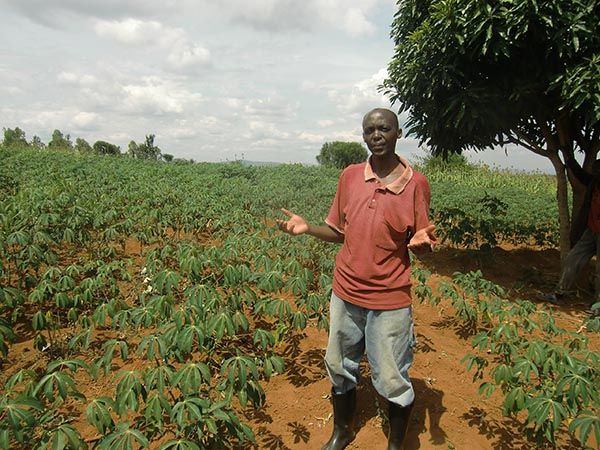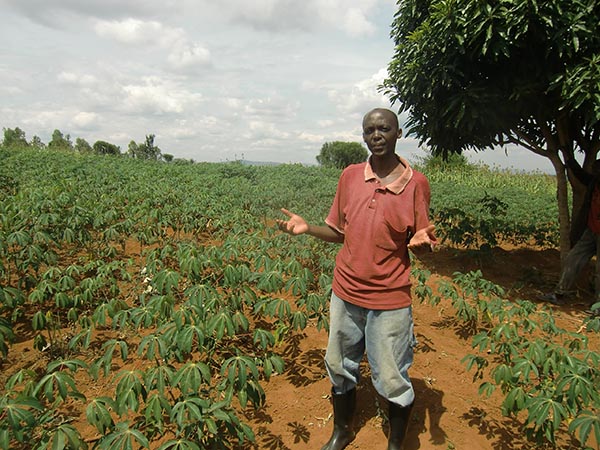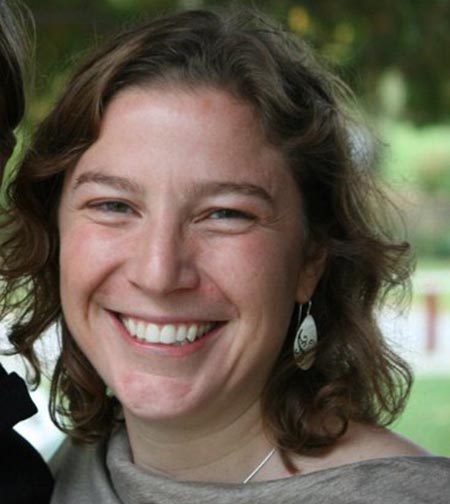Better than Food Aid

Last week during my second visit to Burundi, we went up to the north of the country, just near the border with Rwanda, to a community called Rwibikara.
The story we heard from the people our program is working with there amazed me – because of what the people there had been through, and also because of what our partner there, the Anglican Church of Burundi, had been able to accomplish.
Starting around the year 2000 the area has been experiencing worsening droughts and more erratic rains than even the oldest among them can remember. They had usually coped with cyclical drought by planting crops that need less water, such as cassava (a type of tuber like a large potato/yam), and sorghum (a grain). But a plant disease, called cassava mosaic virus, was also spreading through Africa, and arrived in the region in 2000, devastating their cassava harvests. After that there was widespread famine in the area, so bad that the Program Coordinator, Leonidas, told me one night later that week that he cried whenever he went up there for the first two years.
But the Church refused to use their money to give out food aid like some other programs were doing because they felt there was a better way. Interested in addressing the root problem of the crisis they chose a different approach, one that considered the long view.
Leonidas set out find a new variety of cassava from the National Research Center that was more tolerant to the virus, and worked closely with the community over several years to spread the new type of cassava. The program also helped the farmers add additional crops, adopt new planting techniques, and work on improving their soil through compost addition and tree planting.

Today, you would not believe that the area had been desolate ten years ago. Farmers showed us their crops, the numerous trees planted amidst them, and even smiled when we asked if they had enough food for their families now.
The day was a good practical lesson in what we and our partners sometimes call ‘resilience.’ In this case the community could cope with one stress – the drought, but when a second came on top of it, the impact was just too much. As we work to increase resilience in places like Rwibikara, I know we need to remember to plan for situations just like this, and try to build the strength needed for each family to take one, two, even three blows at once, and still have enough food to eat.
———-
 Sara Delaney is a Program Officer with Episcopal Relief & Development.
Sara Delaney is a Program Officer with Episcopal Relief & Development.
Photo: Jean-Pierre, a local farmer in Burundi, shows his current cassava crop.


